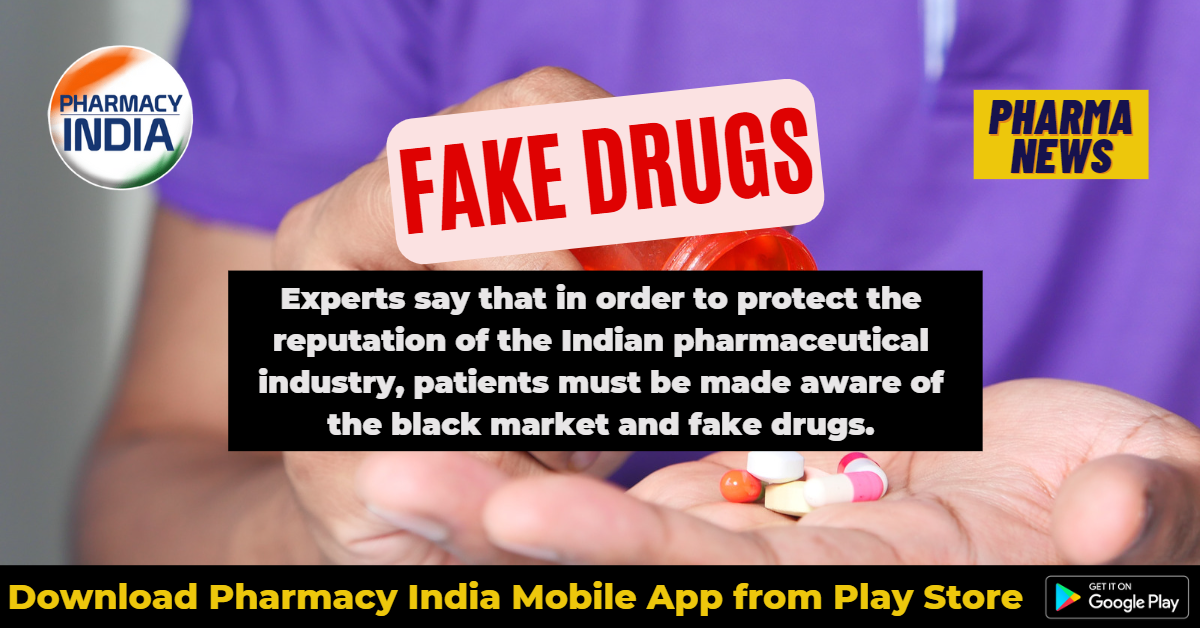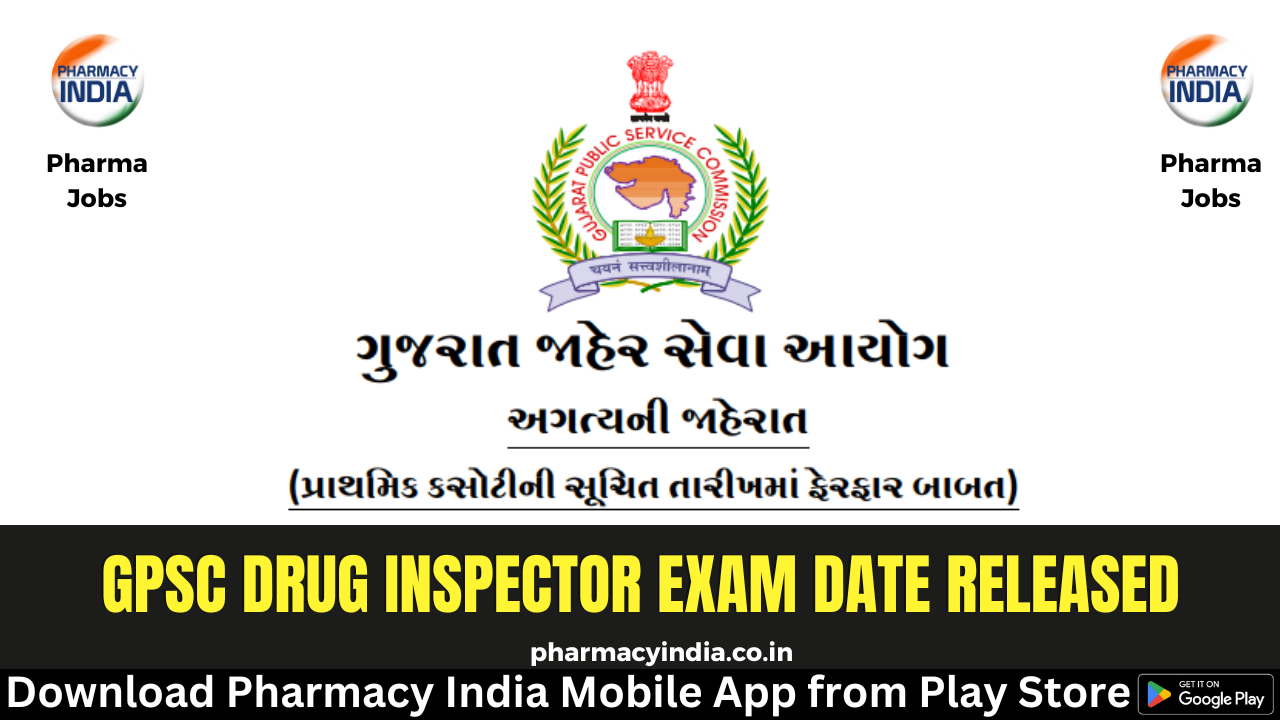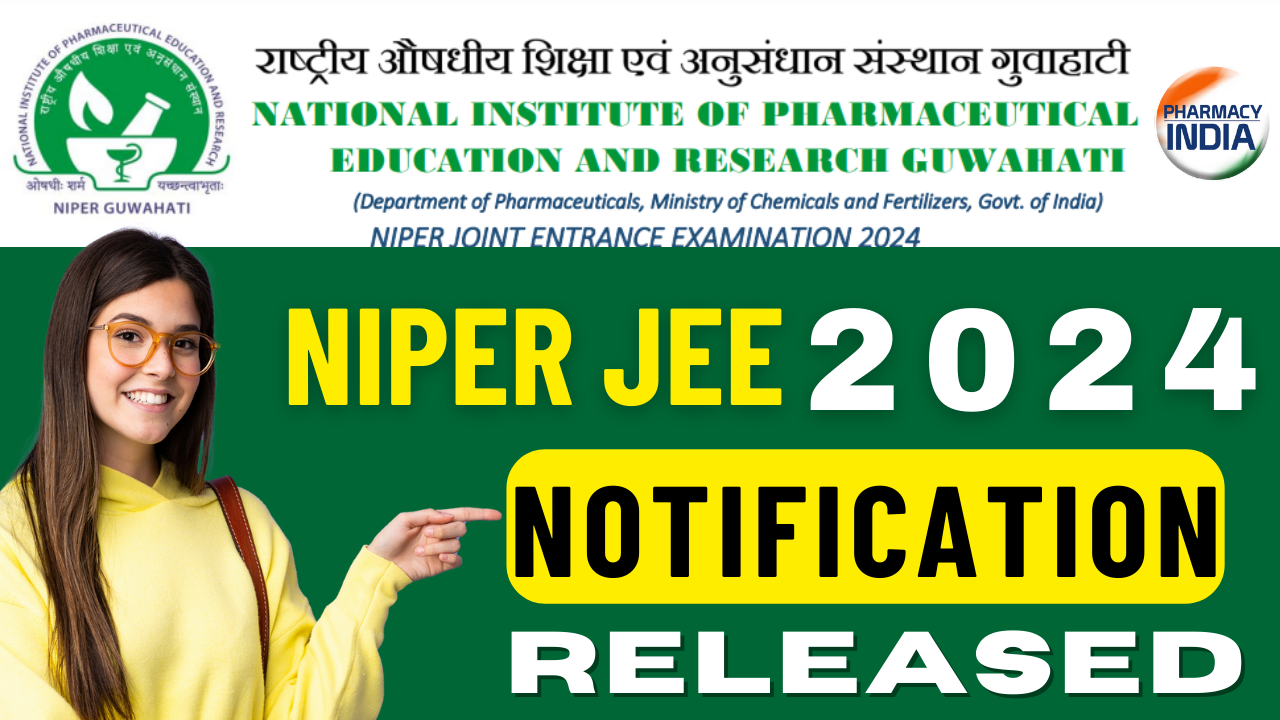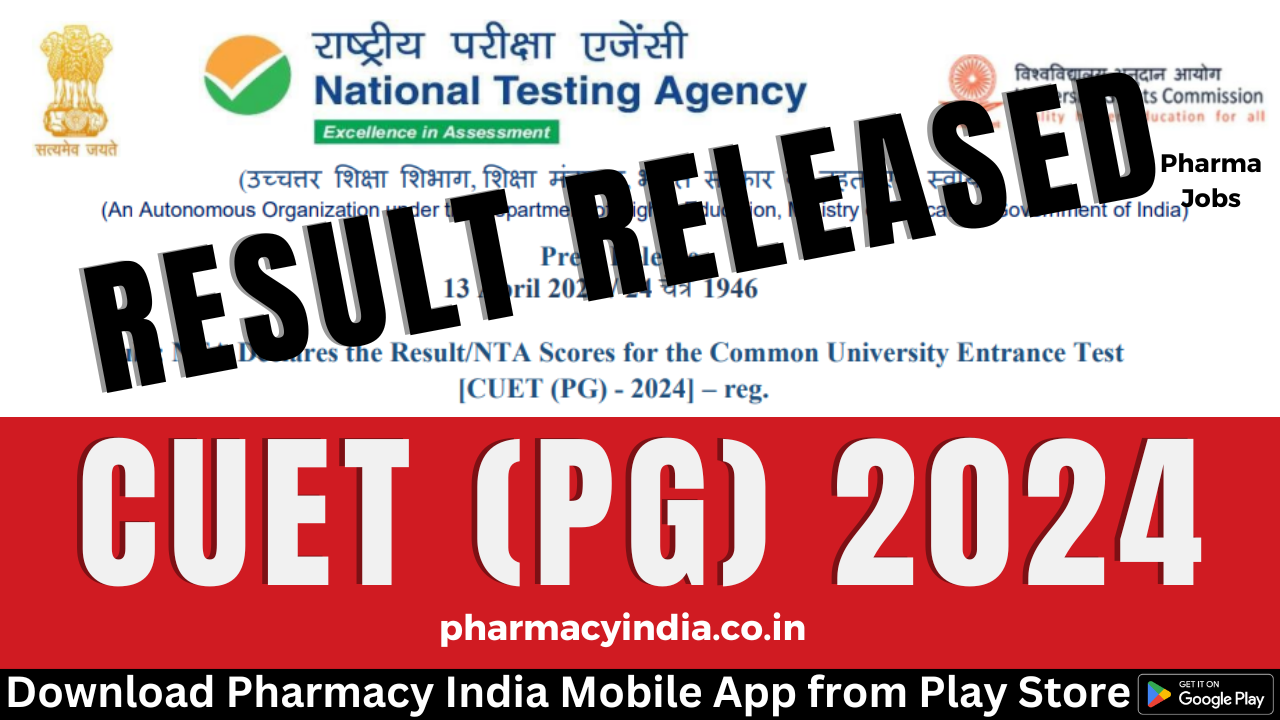To combat fake pharmaceuticals, it is absolutely necessary for patients to be aware of websites that provide medications at discounts. The public’s health is at risk because to the parallel trade of real medical supplies that are moved without the required chain of custody tracking, storage, and oversight, according to experts. By making false claims and taking advantage of consumer demands, the illegal trade preys on people’s limited awareness as well as their fear and bewilderment. The growth of e-commerce both opportunities and challenges for combating the illegal trade in medical supplies.
Experts have argued that using cutting-edge technologies like blockchain, artificial intelligence (AI), and track-and-trace can assist protect and enhance border and regulatory procedures. According to specialists, there have been instances of legitimate pharmaceuticals made by Indian pharmaceutical corporations for sale in India making their way through illegal channels to nations like Somaliland, Djibouti, Yemen, and others in the region. Such parallel trade is against Indian law. Udaya Bhaskar, director general of the Pharmaceuticals Export Promotion Council of India (Pharmexcil), commented on the current state of exports and suggested a course of action, saying that “Indian exporters should understand the drug supply chain, disease profile, and industry players of the exporting countries in order to tackle the same.”
According to estimates from the World Trade Organisation (WTO), between 1.3% and 4.2% of worldwide trade in the medical industry is illegal. The public’s health, social welfare, and economic growth are all seriously threatened by this illegal commerce. Such activity increased during the Covid pandemic, with a 5% rise in seizures reported in 2020 compared to 2019. The World Health Organisation (WHO) has acknowledged the risks of parallel commerce and said on their website that a producer cannot be held liable for insuring the quality of a drug when an illicit sale takes place outside of a controlled supply chain.
The risks created by the illegal trade in medical items are particularly dangerous for the Indian pharmaceutical industry, which is a significant player in the global pharmaceutical market. When drugs are traded illegally, they may not be transported or maintained under the proper conditions, such as at the requisite temperatures, which might damage the drug and cause it to lose its potency and effectiveness and even become contaminated. A risk to life might be posed by medicines bought from unreliable sources that cannot ensure adequate storage or maintenance of required temperatures throughout transport.
Sumanta Choudhury, a consultant for Pharmexcil, states that “Pharmaceutical exports from India reach more than 200 countries around the world, including highly regulated markets of the USA, West Europe, Japan, and Australia. Therefore, it is essential that the government and law enforcement agencies take effective measures to combat the illicit trade in medicines and ensure that the reputation of Indian pharma is not harmed by illicit supply chains. The Make-in-India initiative of the Indian government is in danger because of these shady supply chains.
“Strengthening border controls and enhancing the conformance of medical products with quality, health, and safety laws are two ways to address the issue of illicit commerce. Developing nations must develop their capabilities to combat the illegal trade in medical supplies. In order to strengthen customs procedures, safeguard and enforce intellectual property rights, and promote cohesive regulatory frameworks, countries must seek to build layers of monitoring that mutually reinforce one another, experts found.
Connect with Us
Click here to follow Us On Instagram
Click here to follow us on Facebook
Click here to follow us on Telegram Channel






